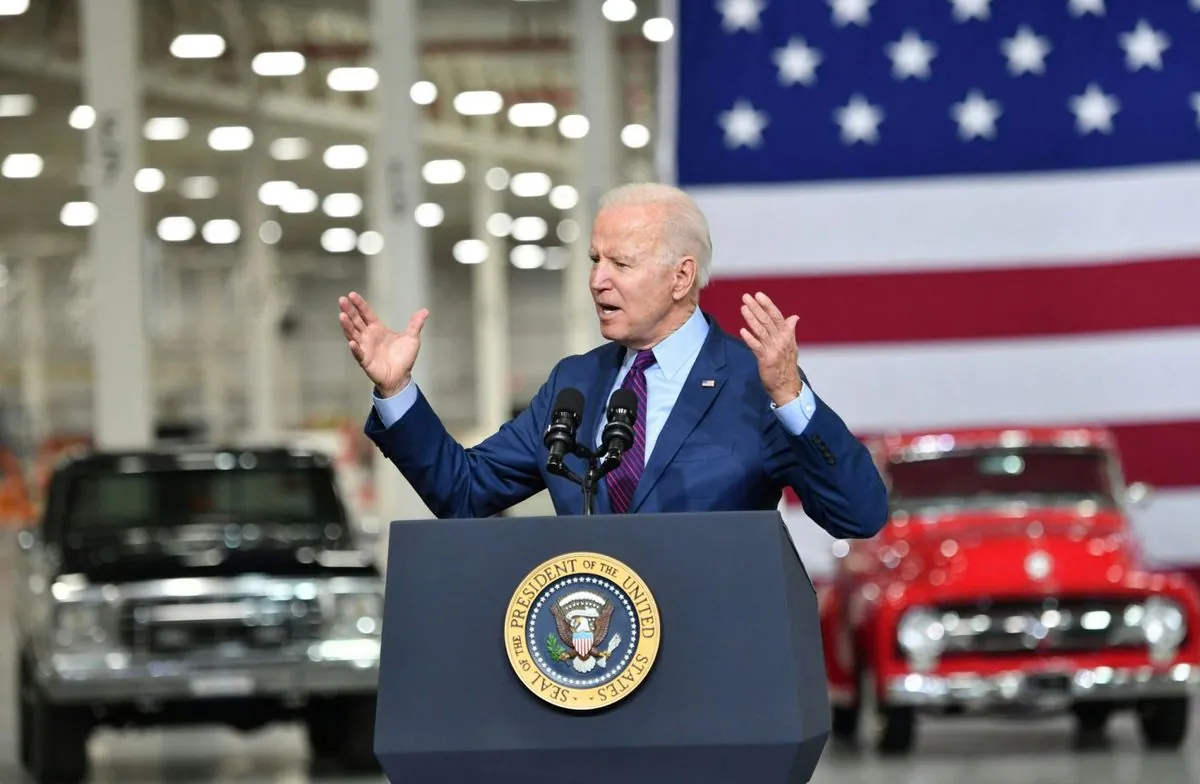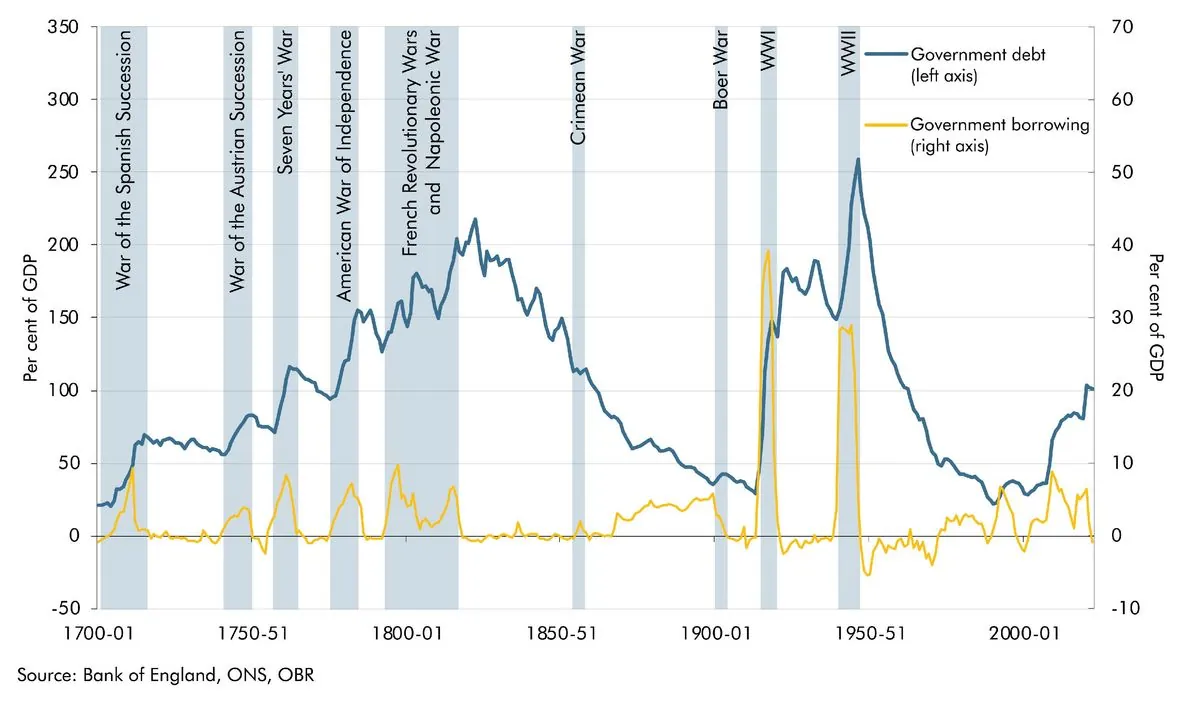Biden Administration Proposes Ban on Chinese Electric Cars in US
US Commerce Department plans to prohibit Chinese software and hardware in connected vehicles, citing national security concerns. The move could effectively bar Chinese cars from the American market.

The Biden administration is considering a significant move to prohibit Chinese electric vehicles from entering the American market, citing national security concerns. This proposal, announced by the US Commerce Department, aims to restrict key Chinese software and hardware in connected vehicles on US roads.
The proposed regulation would effectively bar nearly all Chinese cars from the US market and require American and other major automakers to remove Chinese components from their vehicles in the coming years. This move is part of a broader effort to address concerns about data collection and potential manipulation of vehicles by foreign entities.
Commerce Secretary Gina Raimondo explained the rationale behind the proposal:
"When foreign adversaries build software to make a vehicle that means it can be used for surveillance, can be remotely controlled, which threatens the privacy and safety of Americans on the road."
The proposed ban is a significant escalation in the ongoing US restrictions on Chinese vehicles and components. It follows recent tariff hikes on Chinese imports, including a 100% duty on electric vehicles and increased tariffs on EV batteries and key minerals.
Key points of the proposal include:
- Prohibition of Chinese software in connected vehicles by the 2027 model year
- Ban on Chinese hardware in vehicles by the 2030 model year or January 2029
- Restrictions on testing self-driving cars by Chinese automakers on US roads
- Extension of prohibitions to vehicle components from other US foreign adversaries, including Russia

The proposal comes at a time when the global electric vehicle market is experiencing rapid growth, with expectations to reach $823.75 billion by 2030. China, currently the world's largest electric vehicle market, accounts for about 60% of global EV production. This ban could significantly impact the global automotive landscape, considering that Chinese company BYD surpassed Tesla in global EV sales in Q4 2023.
The US automotive industry, which employs over 4 million people, may face challenges in adapting to these new regulations. With the average new car containing up to 100 million lines of code and generating up to 25 gigabytes of data per hour, cybersecurity in connected cars has become a growing concern globally.
Jake Sullivan, White House National Security Adviser, emphasized the potential risks:
"With potentially millions of vehicles on the road, each with 10- to 15-year lifespans the risk of disruption and sabotage increases dramatically."
The proposal is open for public comment for 30 days, with the administration aiming to finalize it by January 20, 2025. While the rules would apply to all on-road vehicles, they exclude agricultural or mining vehicles not used on public roads.
The Alliance For Automotive Innovation, representing major automakers, has warned that changing hardware and software would take time. This caution is understandable, given that the automotive industry spends over $100 billion annually on R&D globally.
As the US pushes forward with these regulations, it's worth noting that the country has over 270 million registered vehicles and more than 110,000 public EV charging stations as of 2024. The impact of this proposed ban on the US automotive market, worth over $100 billion annually, remains to be seen.
The Chinese Embassy in Washington has criticized the planned action, urging the US to "earnestly abide by market principles and international trade rules." As tensions continue to rise, the global automotive industry watches closely to see how this proposal will shape the future of electric and connected vehicles in the United States.


































